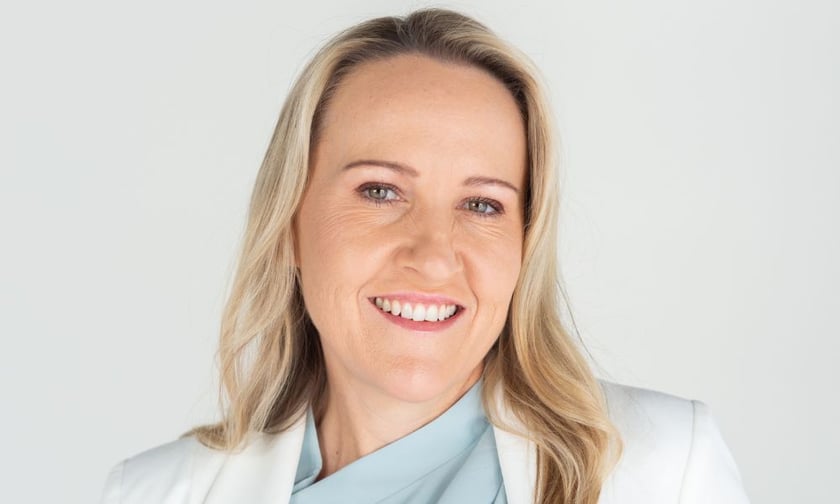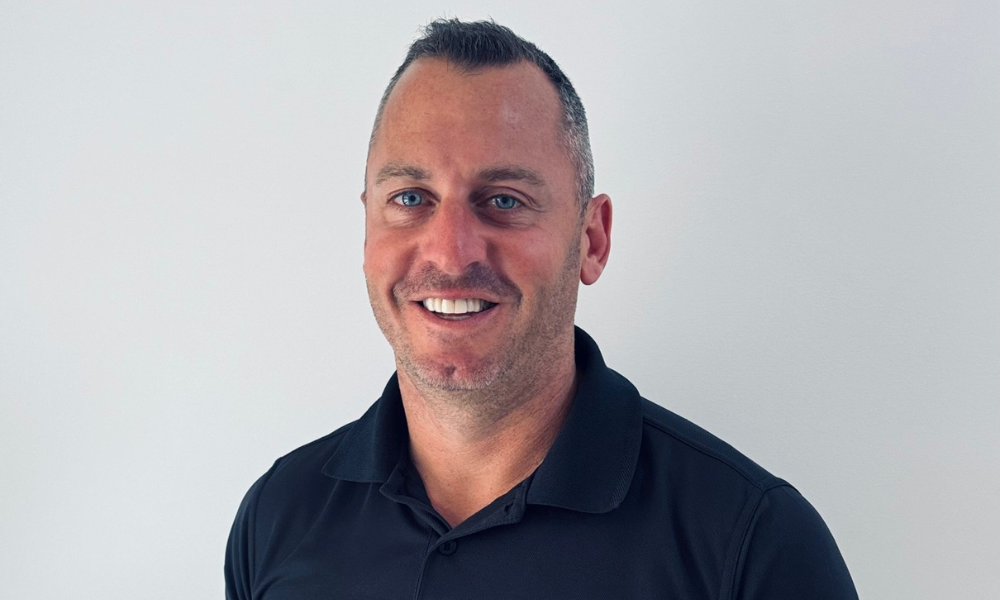

This week, the federal government’s inquiry into insurers’ response to the 2022 floods held its last public hearing. The chair of the inquiry, Daniel Murino MP, told Insurance Business that he expects to brief the Insurance Council of Australia (ICA) on the findings in the coming weeks. In October, a report with recommendations is due in parliament.
The recommendations could significantly change how insurers and brokers deal with customers and their property damage claims following natural catastrophes.
However, another government inquiry, also in its final stages, could prove to be just as significant for insurance professionals offering property covers.
Treasury is currently exploring mandating standard definitions of hazard terms in insurance contracts. The terms being considered for standardisation are: fire, storm and stormwater or rainwater runoff.
Alongside the definitions issue, Treasury is deciding whether to scrap the existing standard cover regime that insurers often bypass by simply providing a PDS document to customers. Instead, Treasury is looking at obliging insurers to provide a baseline level of property cover amending the standard cover regime “to mandate a vertically differentiated rating system for home building insurance.”
However, the ICA raised concerns that the changes proposed by Treasury “may have an impact on insurer’s contracts and ability to negotiate with their reinsurers which are typically global companies operating in many jurisdictions.”
The ICA was also concerned about “the cost and administrative burden of updating or changing policies and policy documents to accommodate standard definitions.”
IB approached brokers for their personal views. Lisa Carter (main picture, above), CEO of Brisbane headquartered Clear Insurance, expressed concerns about pricing.
“In a competitive insurance market, standardisation of definitions or terms could prove to be too restrictive on insurers’ pricing capabilities,” said Carter. “My view is that the focus should be on plain language contracts and definitions which clearly articulate the intention of the cover provided under the contract of insurance to avoid disputes at claim time.”
David Summers (pictured below), managing director of Ausure Insurance Newcastle, agreed to give his personal view. Summers’ firm is an authorized representative (AR) in the Ausure network.

He said his stance would depend on the extent of insurer support “for the coverage changes associated with the new definition.”
“While standardisation might provide clarity for consumers, it could diminish the existing coverage,” said Summers. “I support standardisation only when it expands the insurance product’s coverage and clearly defines exclusions.”
He said this this approach prevents “the ambiguity” that can lead to slow claims processing and unsatisfactory client outcomes.
The issue of standard definitions for hazard terms came up during a panel discussion at the recent Claims Leaders’ Summit in Sydney.
“It’s sad to see that the industry has walked away from it [standard definitions],” said Aldridge. “I think we’re seeing history repeat.”
Aldridge said there is “room to revisit” standard definitions again. “But at the same time, the standard definitions have to be able to work,” she said. “To keep the insurer solvent, whatever the definitions are, we need to be able to model them.”
She said insurers will also need to be able to “differentiate those definitions from claims data.”
“We [also] need to be able to reinsure for it as well - and it needs to fit with what the reinsurer’s expectations of catastrophe events are,” said Aldridge. “So it is a huge challenge and it will be interesting to see where it comes out.”
Another panellist, Nick Vernon, claims manager for property with Berkshire Hathaway Specialty Insurance, also provided a personal view.
From the perspective of an insurance contract, Vernon liked the idea of standard definitions.
“I think there are opportunities for some things to be done in a way that will provide certainty across the industry,” he said.
“That was helpful to our teams because we were able to refer to an expanded body of case law,” said Vernon. “As much as anything, it should always be a goal of insurers to try and get as much contract certainty as we can so that we know what the product is, the customer knows what the product is and so there are less likely to be disputes.”
The government hasn’t provided a time frame for when it could announce any changed hazard definitions.
“The consultation process and any comments received in relation to this paper will help inform the development of future policy in this area,” said Stephen Jones, Minister for Financial Services, in a media release. Submissions to the consultation closed in April.
What do you think of mandating standard definitions of hazard terms in insurance contracts? Please tell us below
